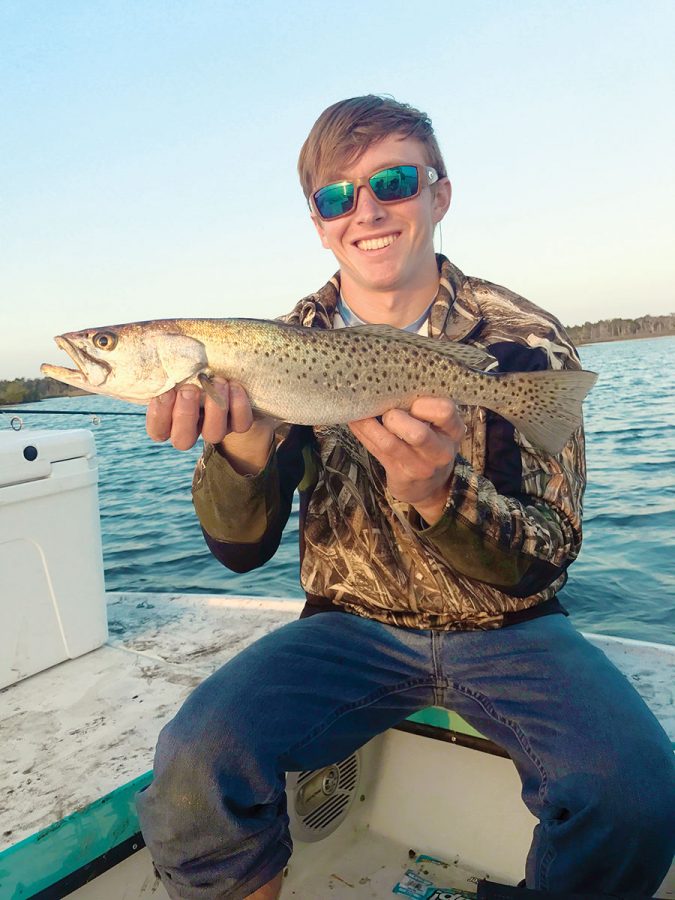Let’s face it… the majority of us who hear the title “safety class” usually aren’t thrilled at the prospect of sitting through hours of cliché safety lectures. Boater safety classes are something a lot of us put up with to move forward with getting a boating license or captain’s license. We read about all the horror stories of boating accidents but never think it could happen to us. For me, things like life jackets, up-to-date fire extinguishers, or proper flares were just things that seemed more like hassles to keep on-hand because I didn’t want to receive a ticket from the game warden.
However, when the unexpected does happen when the worst possible scenario unfolds before your eyes, there is no telling how much time you will have to react. How you react in these situations could very well be the difference between life and death.
This past month a friend and I were given a rude awakening on the importance of emergency preparedness during a fishing trip into the heart of the Crystal River. After a long day of fishing through the backcountry, we experienced engine failure on our way back to the boat ramp at about 7:30 p.m. With wet clothes, dropping temperatures, howling winds, and only one working phone with 30 percent battery life, it would be an understatement to say that nothing was going our way.
Thankfully this story has a happy ending since an unsung hero, who will remain nameless, went the extra mile to see us to safety. Had we been forced to stay the night on the boat, one thing could have become a serious risk for us, hypothermia. With the temperature supposed to drop into the 40s, we had no dry clothes, and hypothermia was a real threat.
Emergency situations are actually very preventable if you take the effort to prepare for the worst. Situations such as being stranded due to engine failure, being stuck due to low tide, or a sinking vessel are why having a strong working knowledge of maritime law, safety and emergency preparedness are not something to be taken lightly. Also, the simple step of having an emergency bag containing fire starting materials, nonperishable foods, blankets or towels, some dry clothes and rain ponchos can very well mean the difference between a miserable or life-threatening experience or just an inconvenient yet non-threatening wait for help.
When getting ready to go out on the boat to fish or just to enjoy the water, safety should never be taken lightly, because emergency situations can happen to anyone at any time. As a friend of mine’s father once told me, the smartest people don’t learn from experience but from the experiences of others. These are the people who go out more prepared the next time.
